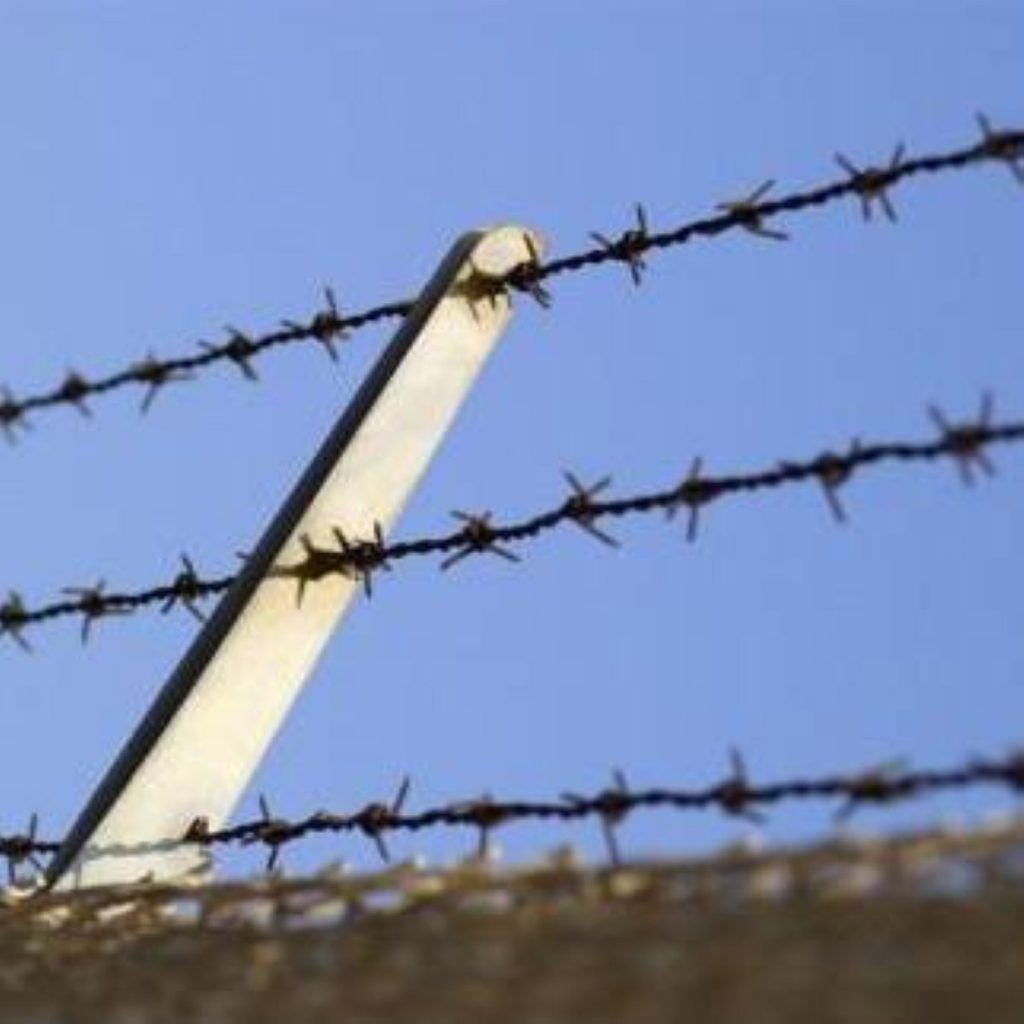Scotland bids to cut re-offending
The Scottish Executive has published a new bill that it claims will tackle the root causes of re-offending.
Around six out of ten Scottish prisoners are reconvicted within two years of their release from prison.
The Management of Offenders Bill places a statutory duty on local authorities and the prison services to establish and implement local plans to cut re-offending, establishes a home detention curfew scheme, and gives courts greater powers to take action against sex offenders who do not comply with the terms of the sex offenders registration scheme.
Justice Minister Cathy Jamieson said: “Re-offending is not just a problem for each offender and their family, but every community in Scotland. While there is no easy solution to this, sending offenders to prison for short periods during which little can be done to tackle the root cause of their offending behaviour is not the answer.”


She added: “Where offenders are determined to change their ways they will have the support to do so. Those who refuse to accept that support will no longer be able to blame the system and expect the public to suffer the consequences. We remain firmly on the side of the law-abiding majority and will ensure that we continue to strengthen the law to protect the public from the law-breaking few.”
The Scottish National Party said today’s announcement contained spin, but little substance.
Kenny MacAskill, Shadow Justice Minister, said: “This is just more spin with little substance from the Executive.
“While some of the measures contained in the publication are welcome, many are already operating in some shape or form. What we require is better resources for existing agencies and less soundbites from the Executive.”
He added: “Whilst there is a role for tagging, it is by no means a panacea. Prison should be for serious offences and dangerous offenders. Releasing them tagged or untagged early from their sentence should happen only under the strictest of circumstances. This smacks of a measure to reduce prison overcrowding rather than address prisoner rehabilitation.”

